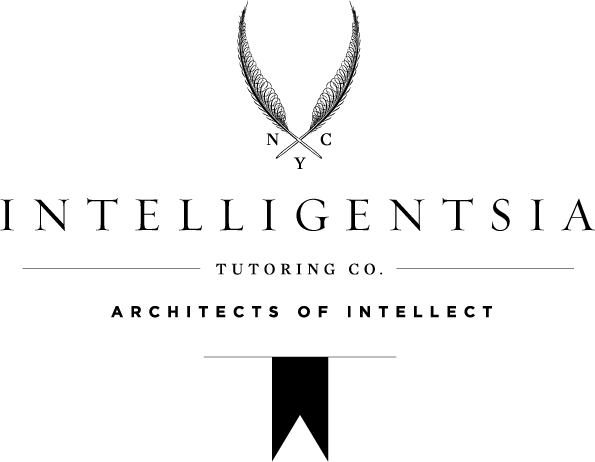Many parents, myself included, are looking for ways to make this time out of school as manageable as possible and, hopefully, constructive. I know that the journey ahead is a long one. With that in mind, I want to let our community know how Intelligentsia can help during these uncertain and unscheduled times.
In addition to moving our regular tutoring to remote services, we’re introducing two online seminars focused on the college application process; offering meaningful discounts on daytime remote learning support; and announcing a partnership with Test Innovators, a fantastic online test prep platform.
As a company, we have always incorporated distance learning and video sessions into our standard work with students and feel confident that we can help make time spent learning online more efficient and more impactful.
Read on for a full suite of remote learning services offered and take care of your families during this time.
– Hilda Seidman, LP, Founder & President
I. College Application Seminars
For students…
Writing Yourself: The Personal Essay and Why it Matters // $350 for five weeks, beginning July 7, 2020 at 11 a.m. ET.
Geared towards high schoolers, this seminar will introduce students to the fundamentals of writing a personal essay. The ultimate goal of this course is to have students think about themselves and their experiences in terms of narrative, and reflect deeply on the best way to render those narratives on the page. The skills garnered during this seminar will be examined in the broader context of the College Application and we will pay close attention to how a keen grasp of writing fundamentals puts you at a significant advantage when applying to schools.
Meets once a week for two hours and will include assignments.
For families…
College Application Crash Course // $400 for four weeks, beginning July 29, 2020 at 6:30 p.m. ET.
Join Intelligentsia’s head college process strategist, Colin Garretson, as he breaks down the college application process into its four main categories:
Search & Selection: crafting thoughtful school lists & how to visit colleges remotely
Tests, Recommendations & Transcripts
Essays, Activities & Portfolios
Navigating the Common App & Submitting Your Application
A great survey course for any family interested in learning more about the application process as a whole, particularly amid the COVID-19 crisis.
Meets once a week for 90 minutes.
II. Test Prep
Intelligentsia is fortunate to have recently partnered with Test Innovators, an online test prep platform that gives our tutors the ability to administer full-length mock tests for the SSAT, ISEE, PSAT, SAT & ACT remotely, in addition to providing:
Core reports with highly accurate stanines and percentiles, placing them in the context of target schools.
Diagnostic tools categorizing questions by subject type and difficulty to quickly identify areas for improvement.
Practice monitoring and strengthening test-taking skills, such as time management.
Personalized Prep Plans, recommending the best next steps as you prepare for test day and targeted practice based on your actual test results.
Intelligentsia clients who sign up for test prep utilizing Test Innovators will receive a 20% discount on their Test Innovators membership.
Additionally, Intelligentsia is offering 20% off all Test Prep tutoring bundles for a limited time, whether using Test Innovators or not. Contact us to learn more or to sign up!
III. Remote Learning Support
Intelligentsia is offering support to help structure or supplement your home learning environment. With this new learning environment, we’re offering special rates throughout the shutdown on a variety of services:
Assistance keeping learning on track and schedules regulated
Setting up and monitoring home school schedules
Designing custom curricula
Consulting on best practices for effective home learning environments
Remote cultural enrichment
Academic subject tutoring & homework help
Focus on executive functioning
One-on-one lesson explication
Extracurricular Expansion & Enrichment
Virtual music instruction
Instruction in coding, graphic design, physical fitness, and more
Special rates will apply during “school hours,” 9 AM to 3 PM, Monday through Friday, and we are offering the first hour of consultation and assessment at no cost. Contact us for more information on specific offerings and pricing.



